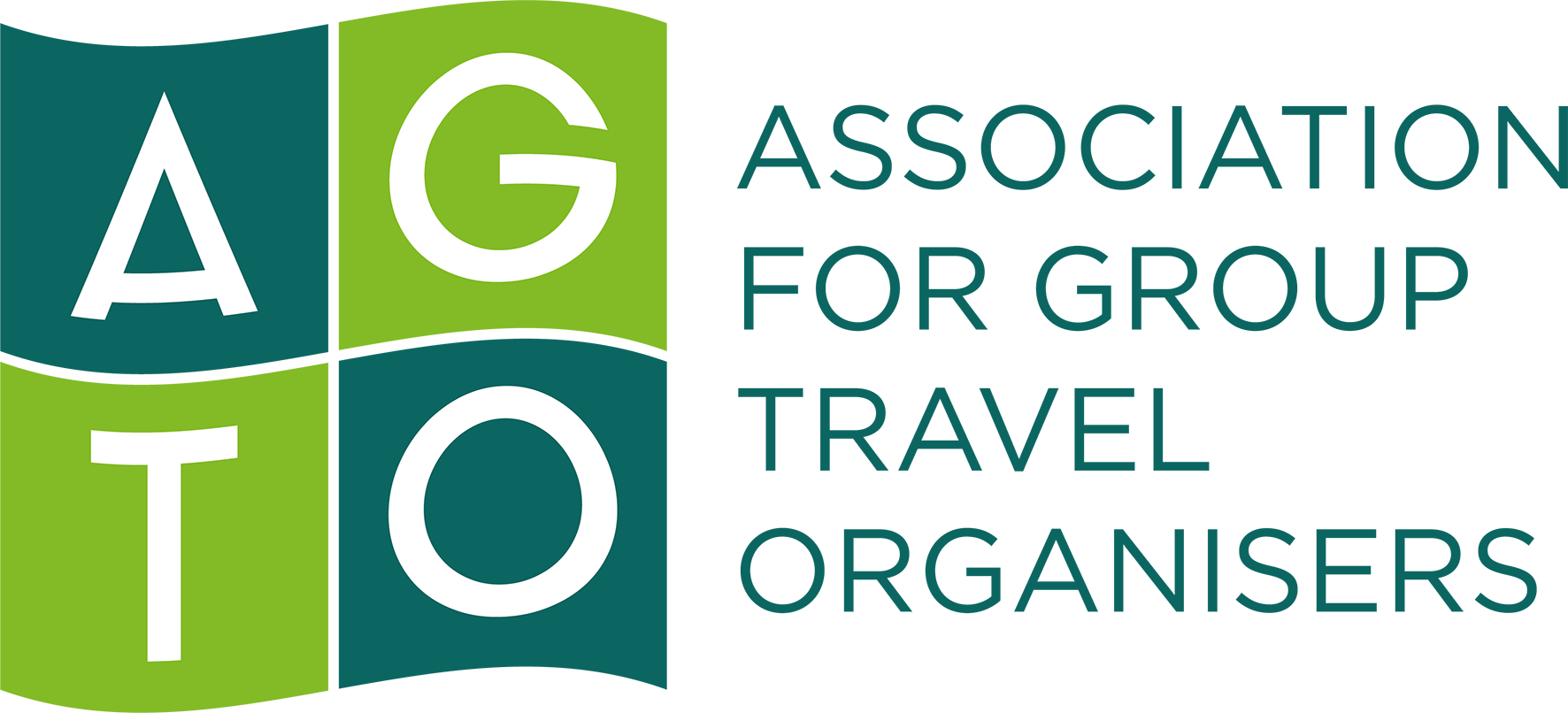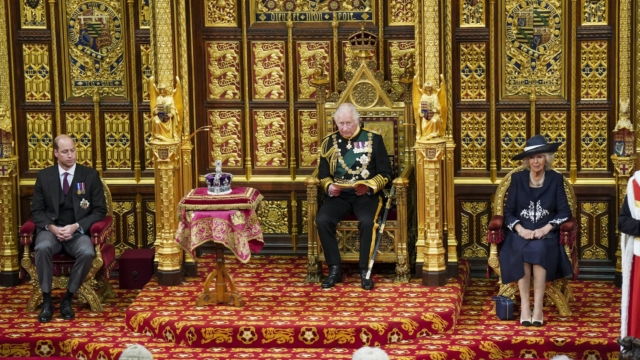Attached a copy of the lobby pack that supports the Queen’s speech. Here are some…
COVID-19 Update 24th March 2021
- Draft Regulations
The Government has published the draft regulations that will apply when businesses reopen. These regulations will be voted on in Parliament on Thursday. Of particular importance is the section on page 57 that relates to accommodation opening on 12th April.
(5) Holiday accommodation referred to in sub-paragraph (1) may continue to be provided if that accommodation is provided—
(a) in a campsite or caravan park, provided that the only shared facilities used by guests at the campsite or caravan park are washing facilities, toilets, water points and waste disposal points, or
(b) in separate and self-contained premises.
(6) Premises are separate and self-contained for the purposes of this paragraph only if—
(a) they are provided for persons who are —
(i) members of the same household, or
(ii) members of two households which are linked households in relation to each other, and
(b) none of the following are shared with the members of any other household—
(i) kitchens,
(ii) sleeping areas,
(iii) bathrooms, or
(iv) indoor communal areas.
(7) In this paragraph—
(a) a reception area is not to be treated as a shared facility for the purposes of sub-paragraph (5)(a), or an indoor communal area for the purposes of sub-paragraph (6)(b);
(b) “communal areas” includes in particular corridors, lifts and staircases used to access premises contained in part of a building, lounges or sitting areas.
https://www.legislation.gov.uk/uksi/2021/364/pdfs/uksi_20210364_en.pdf
- DCMS Guidance on Stage 2 Accommodation Opening
DCMS has sent out the following guidance in relation to the interpretation of the legislation above. The guidance is:
-
- At Step 2, accommodation in which all facilities listed above are for the exclusive use of a single household/support bubble may open. This will mean that holiday parks, ‘standalone’ holiday lets such as houses and cottages, chalets, yurts, holiday boats, and motels which do not rely on sharing those facilities listed may open.
-
- Campsites and caravan parks will be permitted from Step 2 provided that the only shared facilities used by guests at the campsite or caravan park are washing facilities, toilets, water points and waste disposal points. These facilities should be operated so as to ensure no household mixing takes place. This would involve either assigning shower facilities to one household group/support bubble, (i.e. making them private), or running a reservation and clean process (whereby one household can exclusively book the shared facilities for a fixed time, and the facilities are cleaned between reservations and kept well-ventilated).
-
- All accommodation may continue to open for the current permitted reasons, such as to provide accommodation for those who are unable to return to their main residence; for the homeless; for those who need accommodation for work, education or training purposes; for those who need to attend medical appointments; or for those self-isolating as required by law including for the Managed Quarantine Service for high risk international arrivals.
-
- Any holiday lets or serviced accommodation within apartment buildings that share any of the facilities listed above will be required to stay closed during Step 2
-
- Step 2 will see the reopening of non-essential retail; personal care facilities and close contact services such as beauty salons, spas and massage centres (except for steam rooms and saunas); and indoor sports and leisure facilities such as gyms and swimming pools. Where these facilities are located within a hotel or other guest accommodation, they are permitted to reopen and can be accessed – if necessary – from inside the building i.e. without the requirement for direct street access, though businesses should continue to comply with COVID-Secure guidance to mitigate transmission risk. Outdoor hospitality which is permitted to open at Step 2, located on a hotel premises or other guest accommodation, may also reopen, and customers will be permitted to use indoor toilets as required.
- Status of Tourism Deal
The Shadow Tourism Minister, Alex Sobel MP has received the following answer to a written question regarding the status of the Tourism Deal
Question: Alex Sobel
To ask the Secretary of State for Digital, Culture, Media and Sport, whether he plans to amend the Tourism Sector Deal as a result of the Government announcing the covid-19 recovery strategy.
Answer: Nigel Huddleston
The UK Government will publish a Tourism Recovery Plan in the Spring. Given the significant impact of COVID-19 on the tourism sector, we now face different challenges to when the Tourism Sector Deal was published. The Recovery Plan will build on the foundations of the Sector Deal.
- Treatment of Expenses
HMRC has updated the guidance for businesses on the treatment of businesses expenses by adding a new section related to paying or refunding transport costs.
If you provide transport to your employee for travel between their workplace and home because of coronavirus, this is considered to be a benefit in kind – journeys between an employee’s workplace and home are private journeys. If you reimburse the cost of transport between workplace and home for your employee, this is treated as earnings and you must deduct and pay PAYE tax and Class 1 National Insurance through payroll. In some circumstances there is an exemption from paying tax on this benefit. For this to happen, all of the following 4 conditions must be met:
-
- the employee has to work later than usual, and until at least 9pm
- this happens irregularly
- by the time the employee finishes work, either:
- public transport has stopped
- it would not be reasonable to expect them to to use public transport
- the transport is by taxi or similar road transport
Your employees may regularly travel to work in a car with one or more other employees using a car-sharing arrangement. If this arrangement stops because of unforeseen and exceptional circumstances, which are coronavirus related, and you provide transport or reimbursement of the expense of transport from your employee’s home to workplace, this may also be exempt. The total number of exempt journeys cannot exceed 60 journeys in a tax year. This is a single limit that applies to the late-night journeys and the failure of any car-sharing arrangement, together. If these requirements are not met, free or subsidised transport is taxable and should be reported through a PAYE Settlement Agreement as a coronavirus related benefit.
- Temporary Resident Guidance Updated
Only four days after saying that foreign nationals with visas to stay in the UK can apply for exceptional assurance to expend their stay if their visa expires before the end of April. The Home Office has realised that it’s unlikely that international flights will resume by the end of April and extended exceptional assurance to the 30th June instead.


